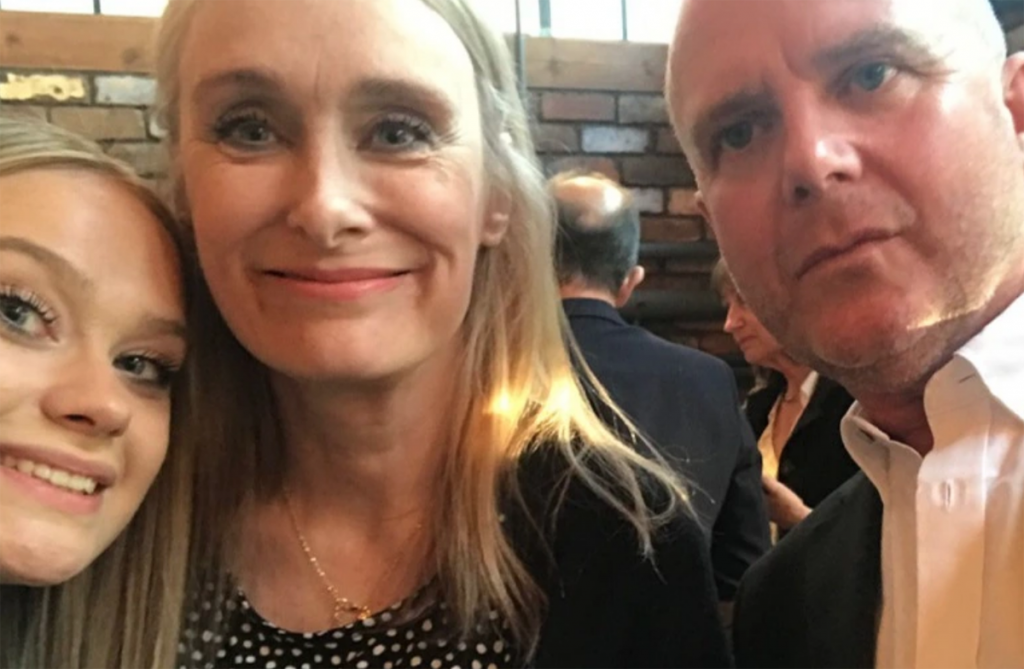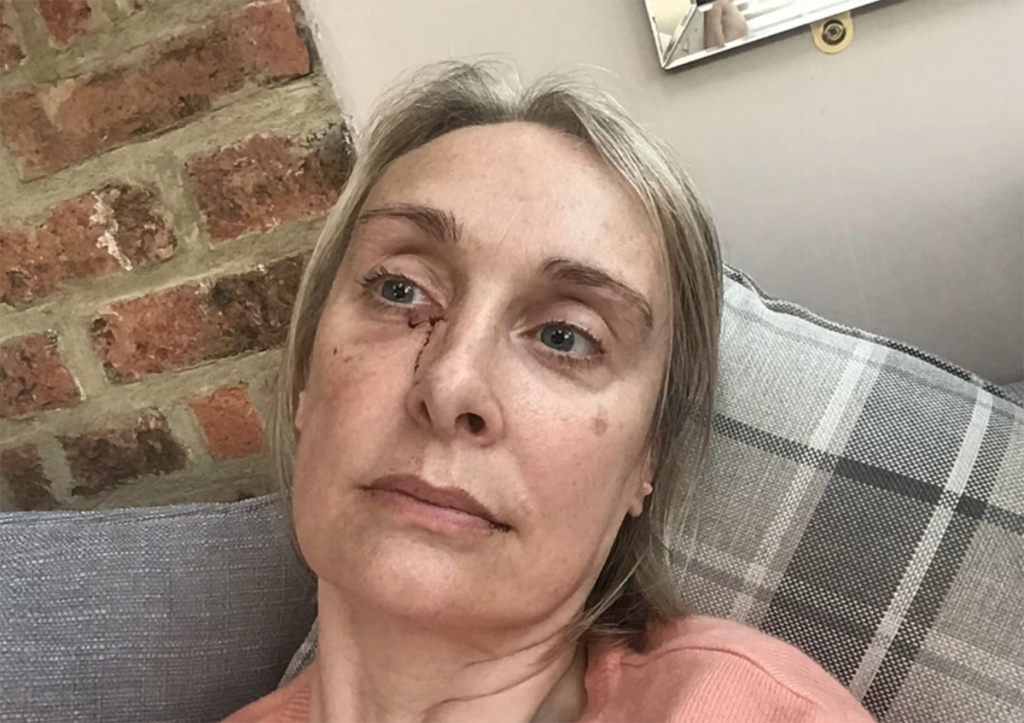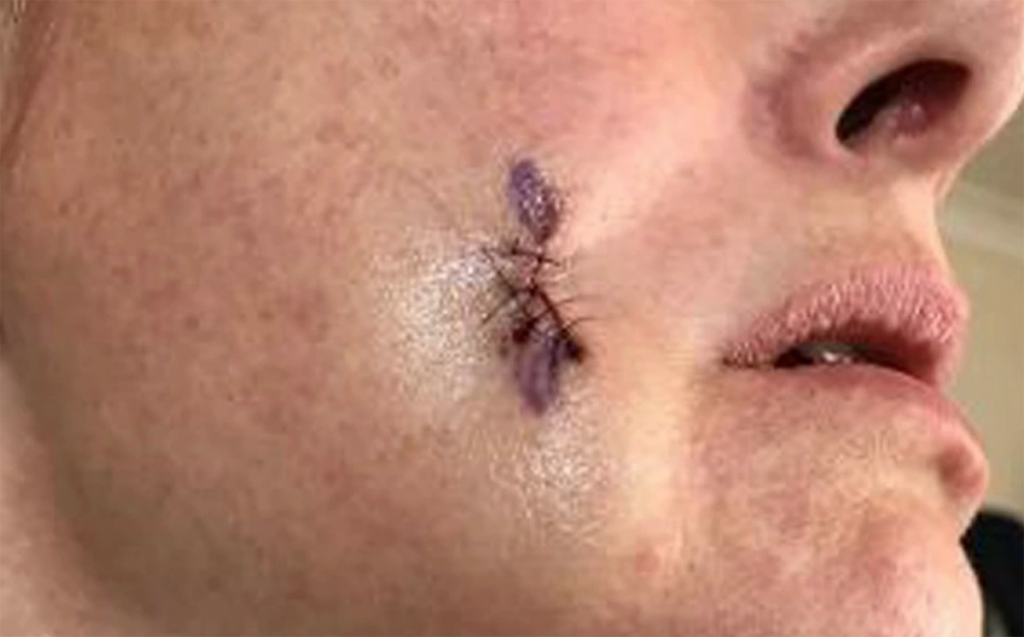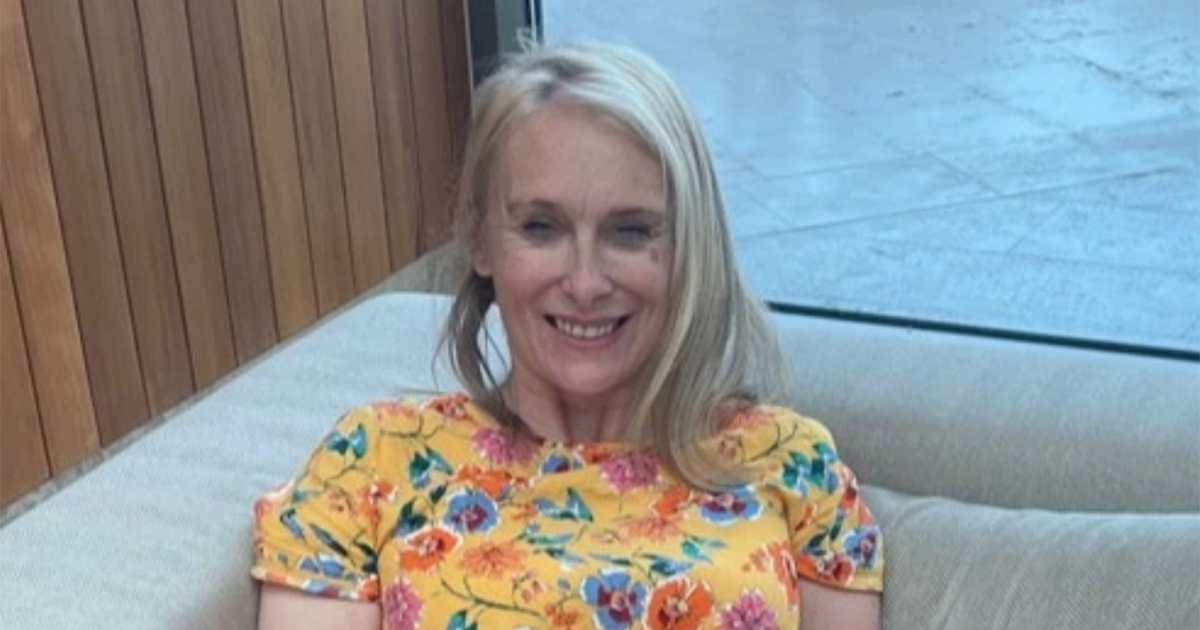Understanding Skin Cancer
- A 49-year-old mother was never one to sit out in the sun, so she was shocked when the spot on her face turned out to be skin cancer.
- Debbie Lindley received her diagnosis by chance. In March 2020, she visited her doctor and, in passing, mentioned a lump that had formed under her right eye.
- A few weeks later, Debbie was told she had basal cell carcinoma, a form of skin cancer that starts in the cells lining the bottom of the epidermis or skin.
Debbie Lindley, who's from Knaresborough, North Yorkshire, England, received her diagnosis by chance. In March 2020, Debbie visited her general practitioner for an allergic reaction on her right foot. She mentioned, in passing, a lump that had formed under her right eye, and her doctor advised her to get further testing.
Read More
Basal cell carcinoma (BCC) is the most common form of skin cancer and the most frequently occurring form of all cancers, according to the Skin Cancer Foundation.
"I thought it was just a spot or maybe a cyst at worst and never would have expected cancer," Debbie said. "It was really shocking to find out."
"I had never sunbathed in my life and never went sun chasing, yet I got skin cancer," she added. "I didn't understand how that was possible. I feel like it was quite unlucky for me to have got it."
In June 2020, a few months after her diagnosis, Debbie went to the hospital for a 20-minute operation to have the small tumor removed. The surgery was a success, but she was warned it could return.

"I was really worried about how I would look after surgery," she admitted, "if I would be recognizable to my daughter and my husband." But her husband, Graham Voakes, also 49, always told her she looked beautiful.
Debbie remained cancer-free for nearly two years, but in March of this year, she noticed a sore "pimple" on her right cheek. Her skin cancer had come back.
"They (doctors) said the cancer was growing rapidly and if I didn't have it removed as soon as possible, it could disfigure my face and make it more difficult for them to operate," Debbie explained.
"The idea of needing a skin graft was the most terrifying part," she added. "I went into panic stations at this point and spent days crying and crying."
In May, Debbie had another operation this time, it was only nine minutes to remove a 3 centimeter lesion from her face. She said the operation left her looking like a "complete mess."

"My husband is really queasy," Debbie said, "but even though I looked the way I did, he greeted me with a big kiss when I got out of surgery, which was lovely. There was nothing that made me happier than seeing him. He told me he was proud of me, and that I didn't even look that bad."
Doctors believe they successfully removed all of Debbie's cancerous cells, but she isn't completely cancer-free yet, as there's still a 50/50 chance another tumor will pop up on her face.
"I know that I will have to keep losing more and more parts of my face," Debbie said.
How to Protect Your Skin From Skin Cancer
Dr. Dendy Engelman, a board-certified dermatologic surgeon and associate at Manhattan Dermatology and Cosmetic Surgery, previously told SurvivorNet that protecting your skin is easy with these simple steps:
Top 5 Ways to Protect Your Skin From Skin Cancer
- Sun avoidance during peak hours: This means from 10 a.m. to 2 p.m. It doesn't mean you should never go outside during the middle of the day, but make sure you're protected when you go outdoors.
- Cover your skin and eyes: Wearing a wide brim hat or sunglasses will protect your face, the top of your head, your ears and the delicate skin around your eyes.
- Wear an SPF of 30 or higher: Plenty of facial moisturizers have SPF built into them. Dr. Engelman recommends reapplying every few hours, or after excessive sweating or swimming.
- Get an annual skin check: If you happen to notice anything out of the ordinary in between checks, schedule an appointment to talk to your doctor as soon as possible.
- No-go to tanning beds: Tanning beds can significantly increase your risk of developing melanoma. If you feel like you're just too pale, Dr. Engelman recommends a sunless tanner.
Learn more about SurvivorNet's rigorous medical review process.


